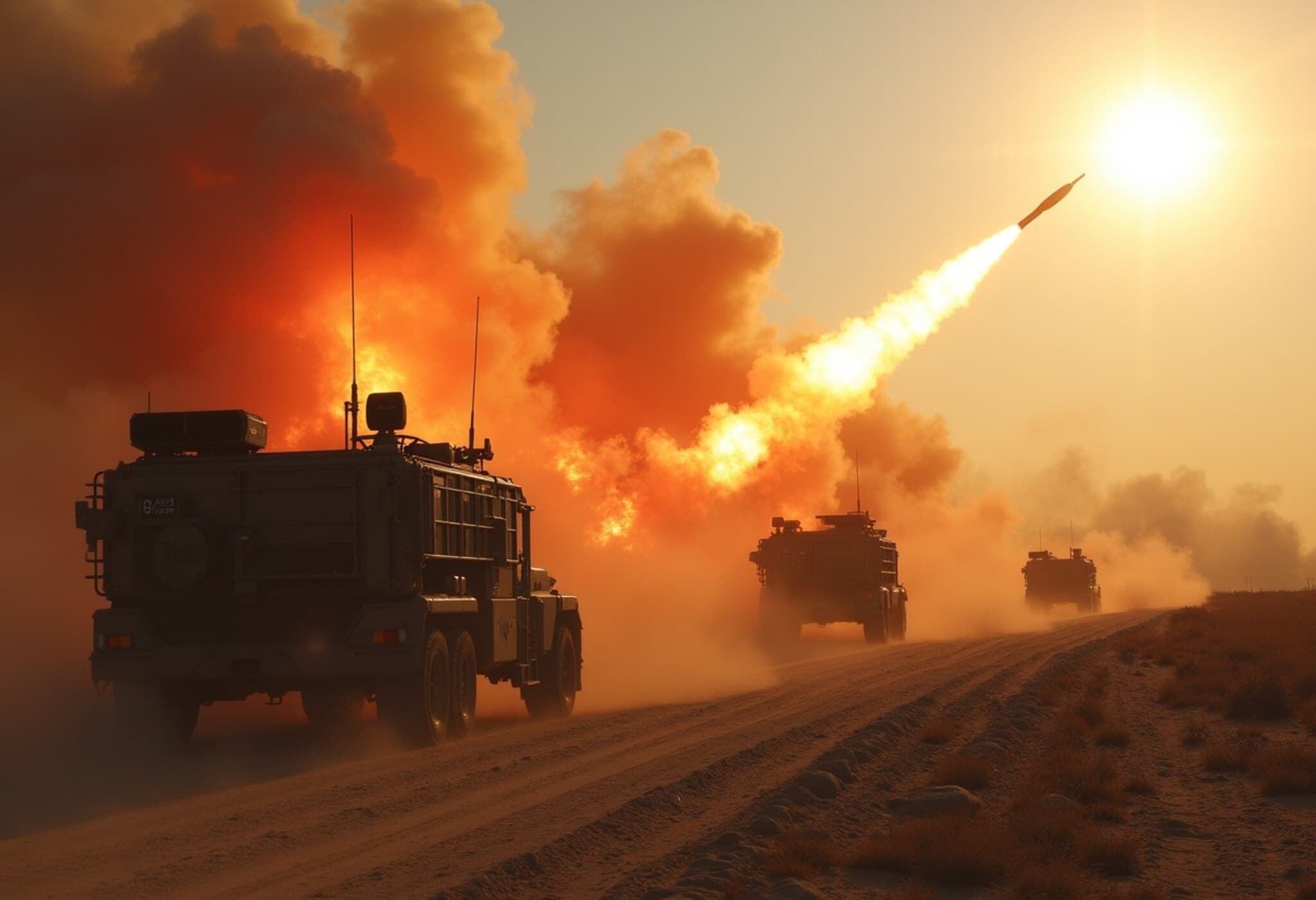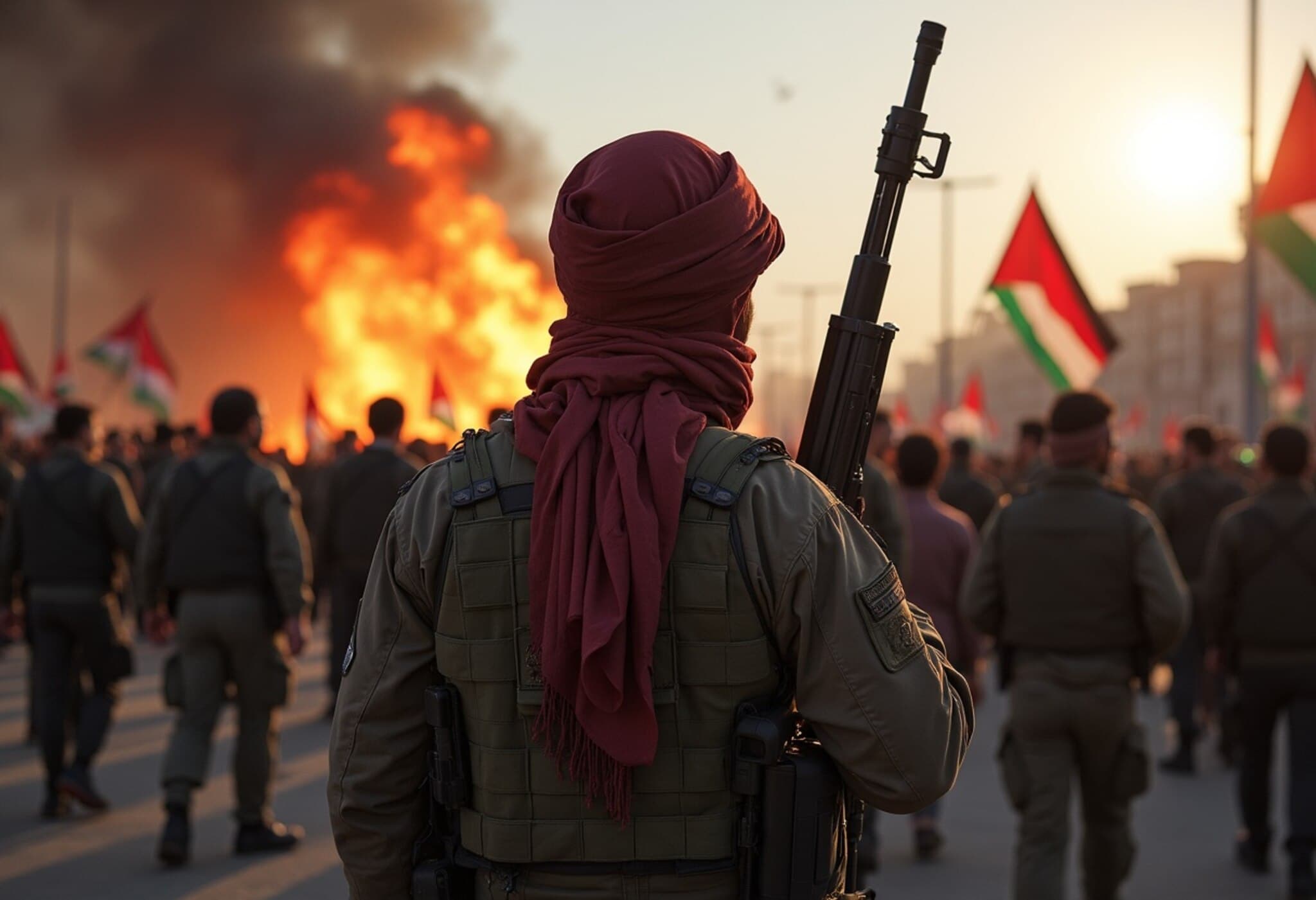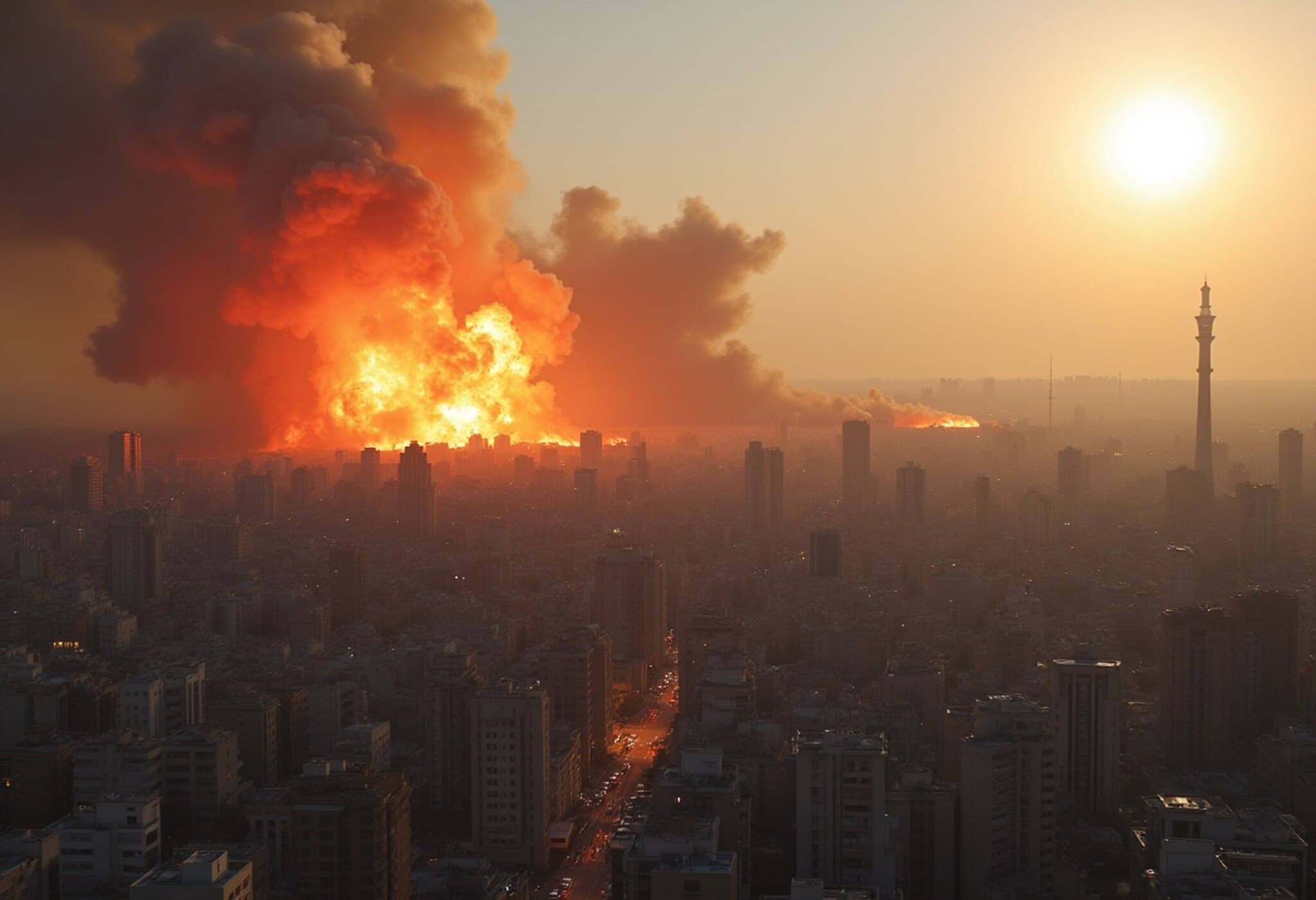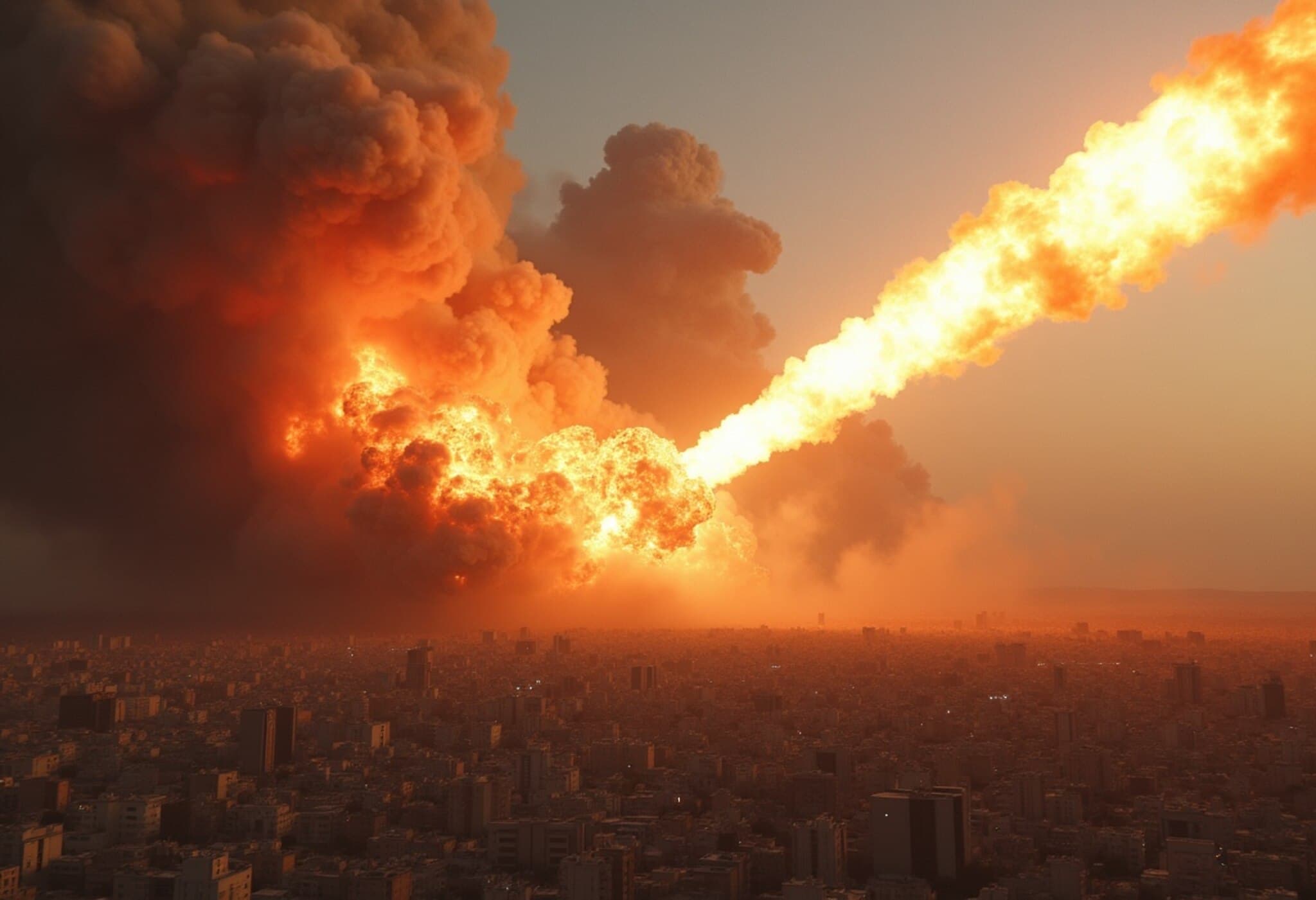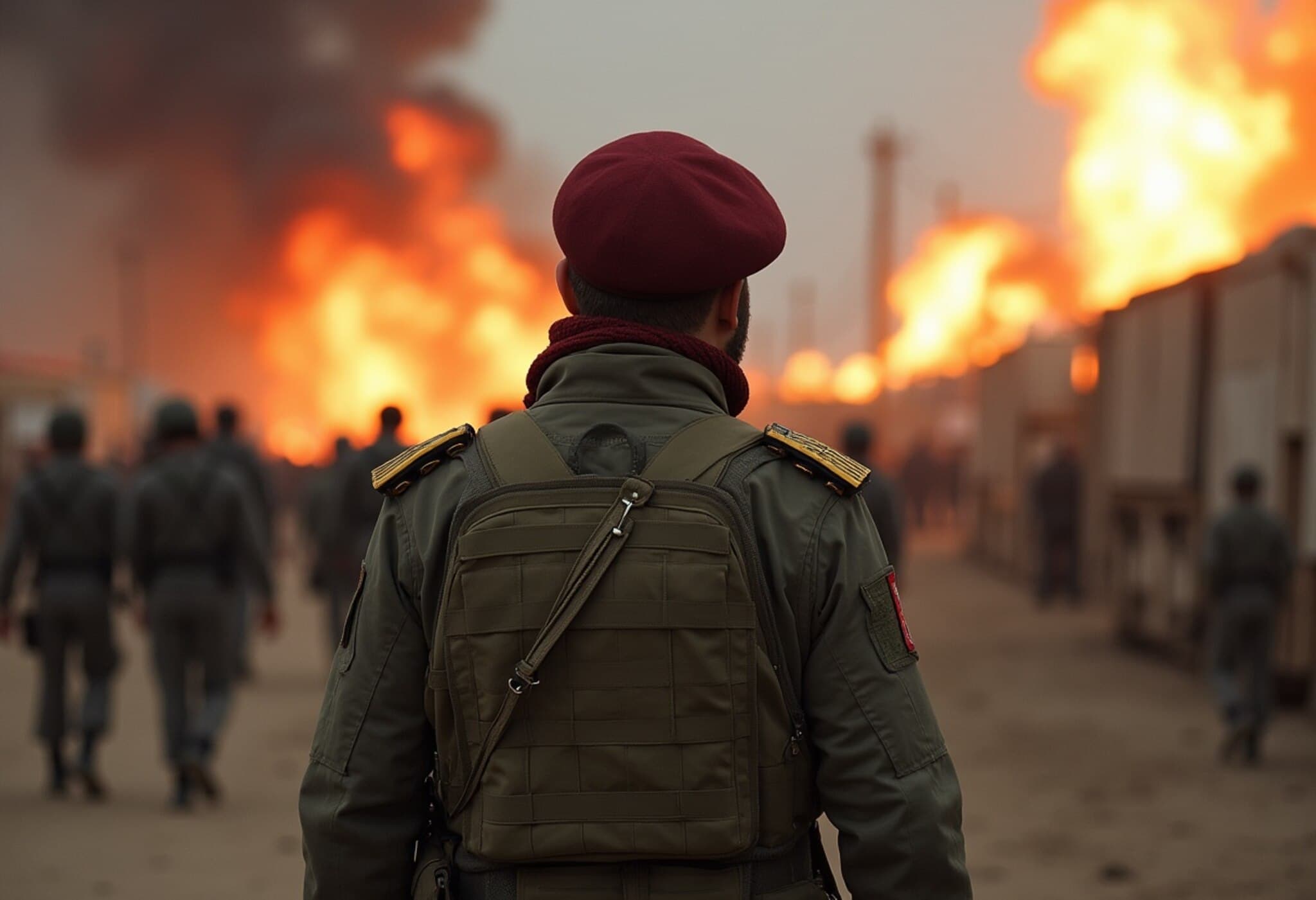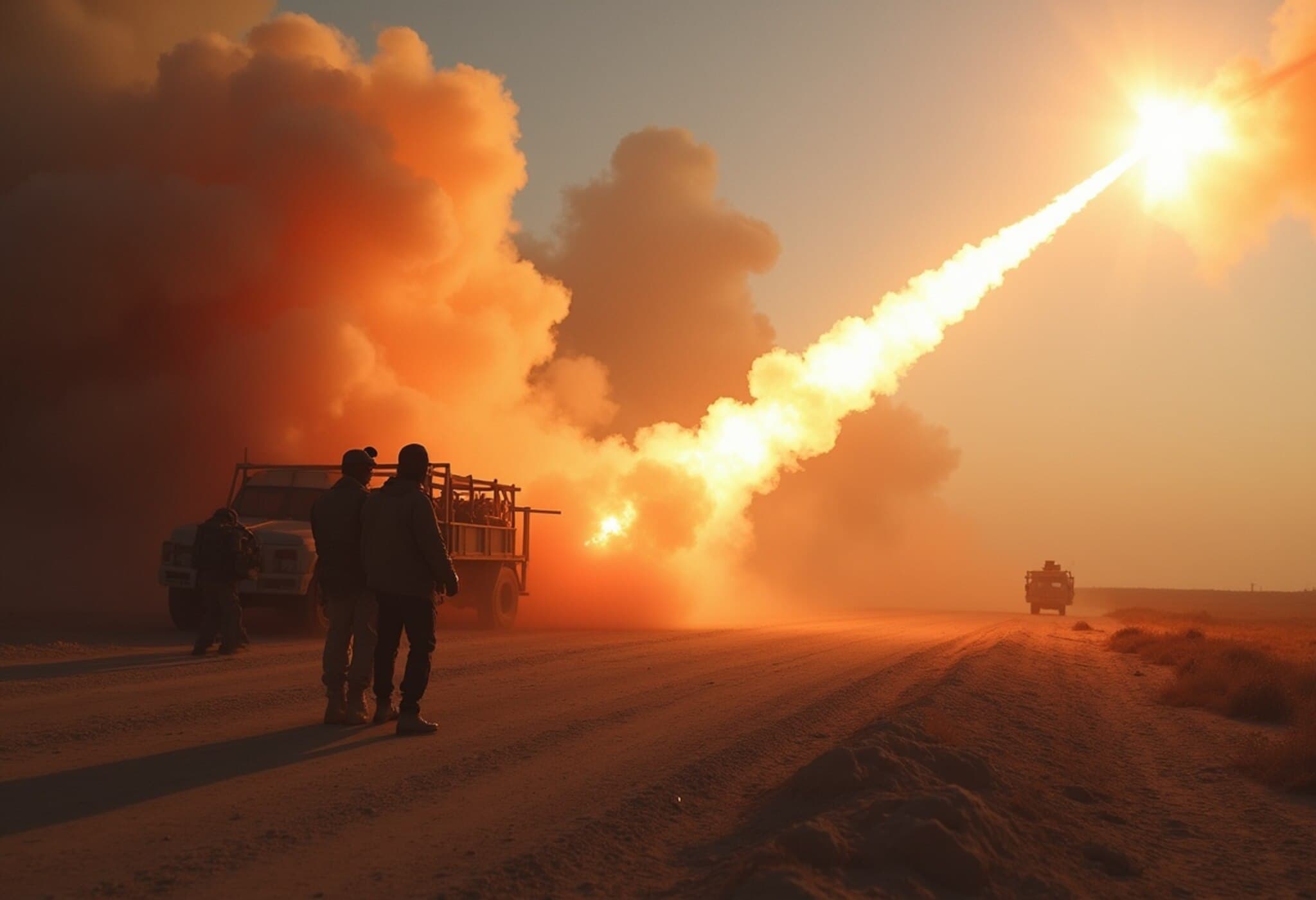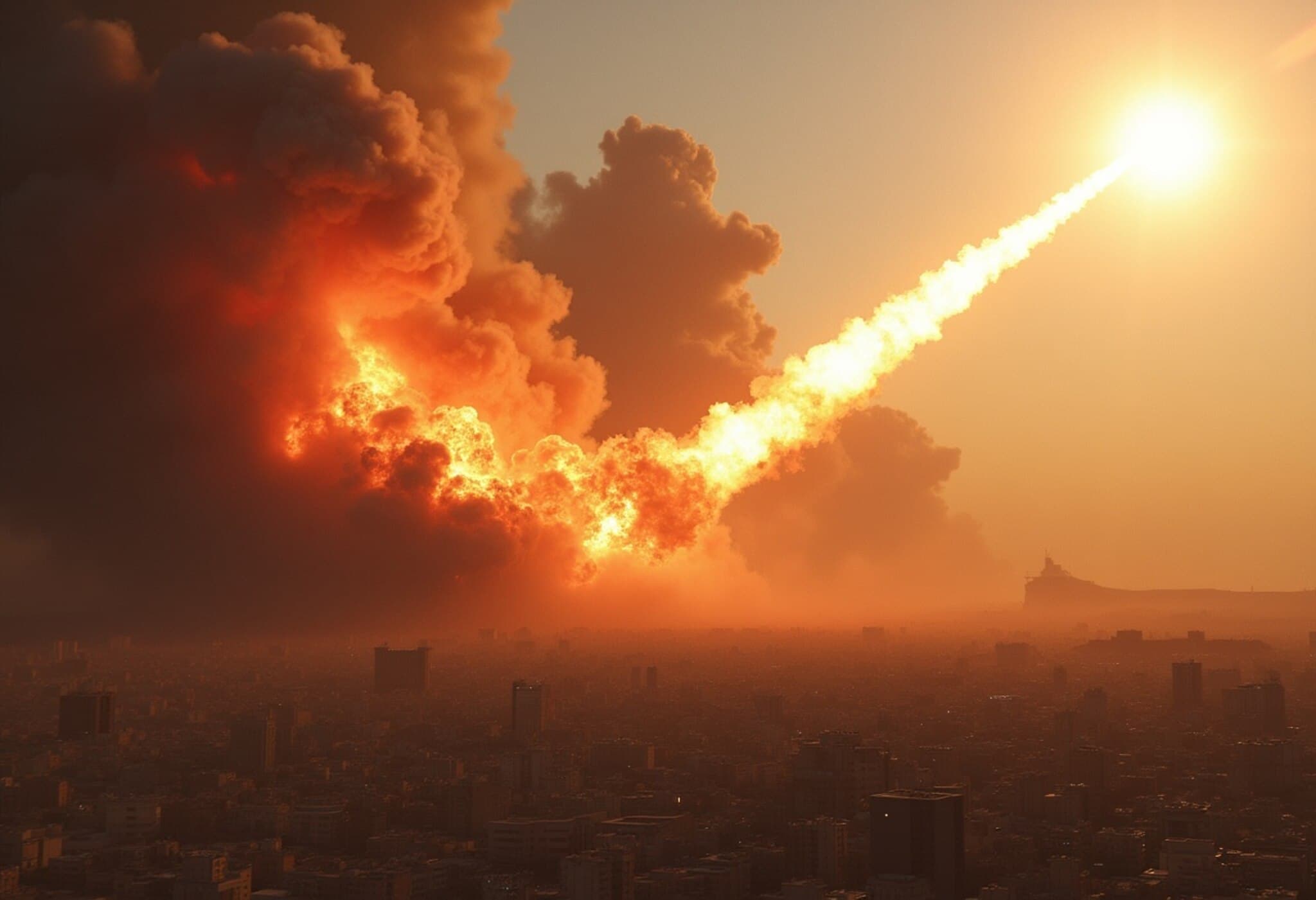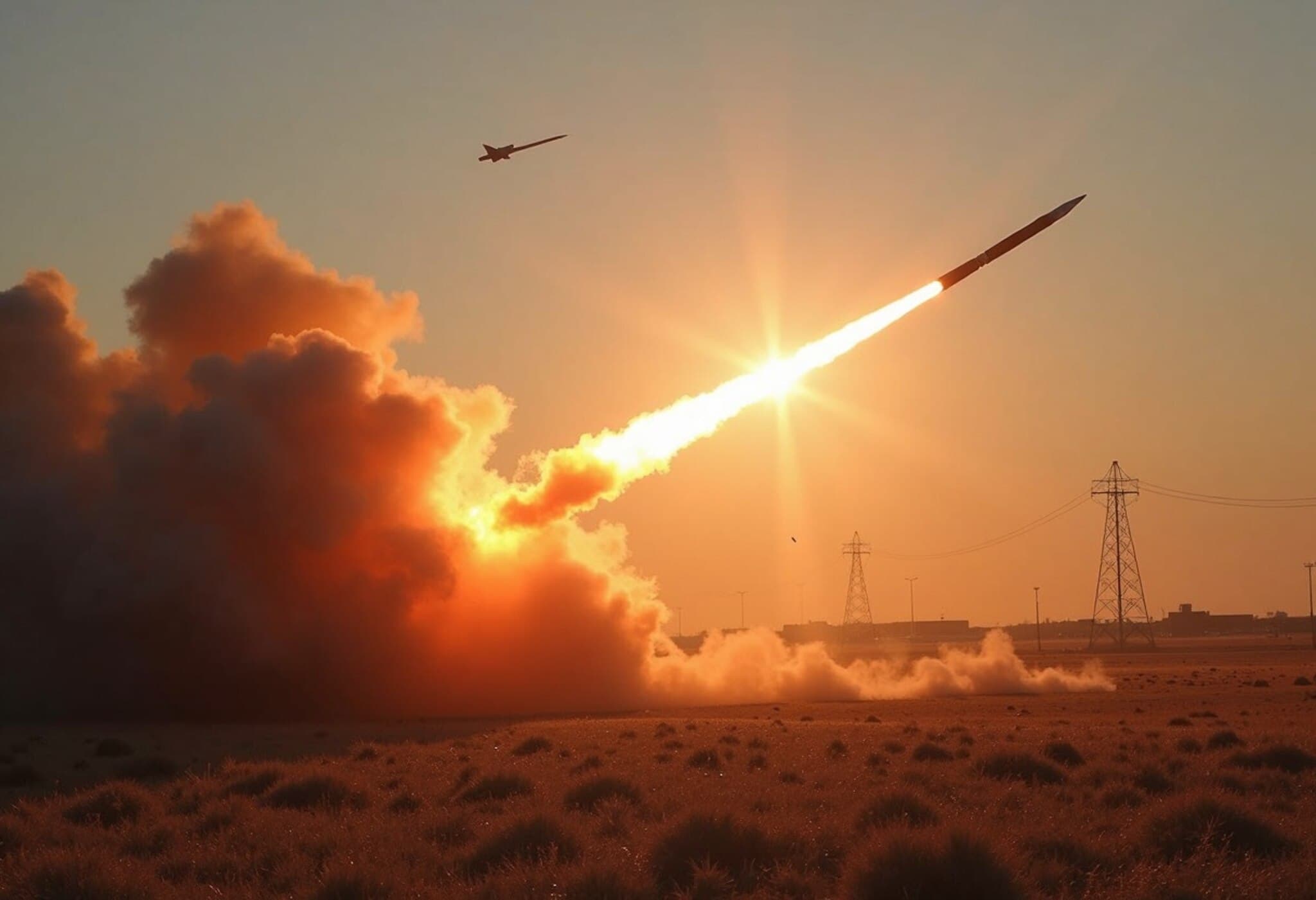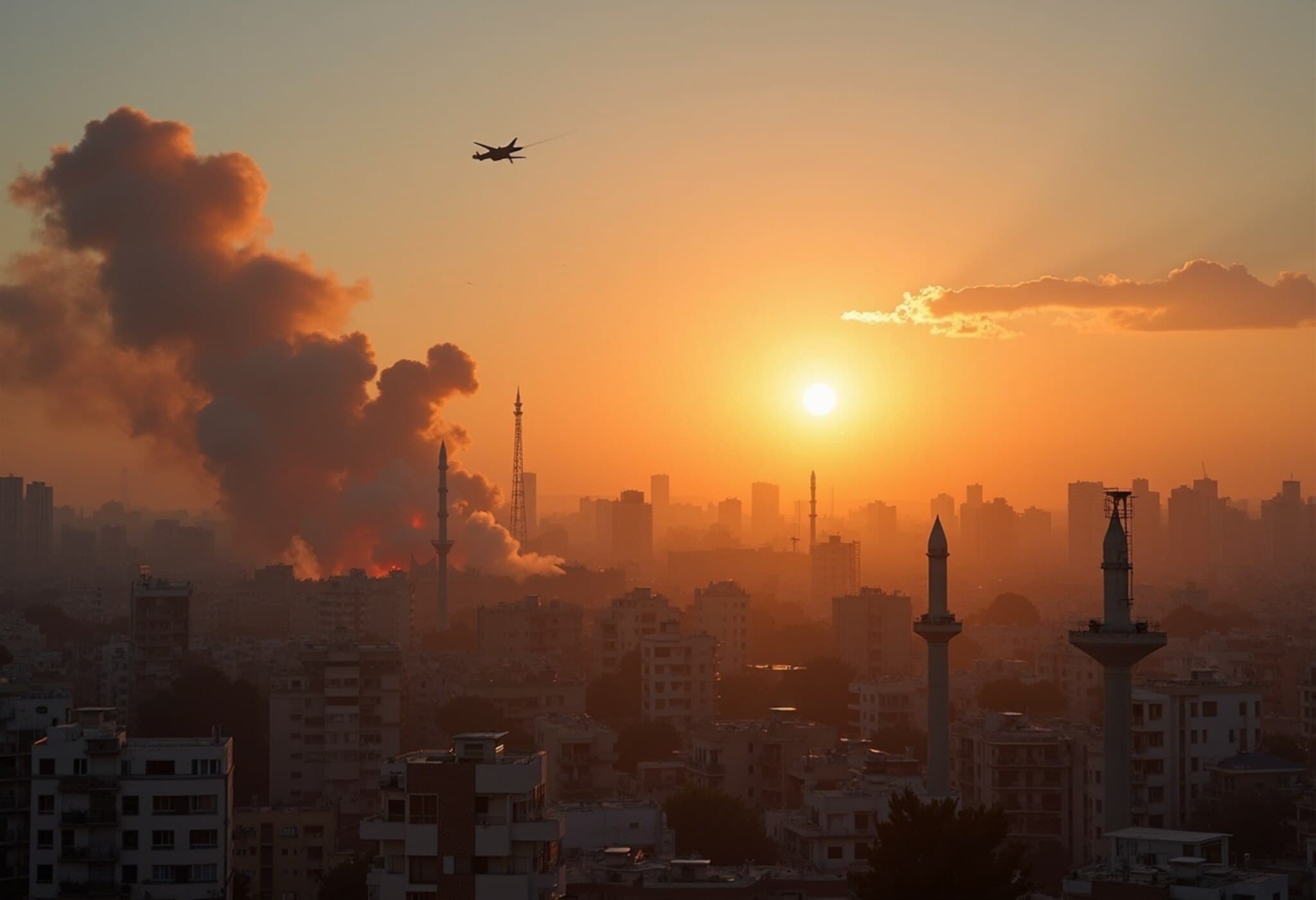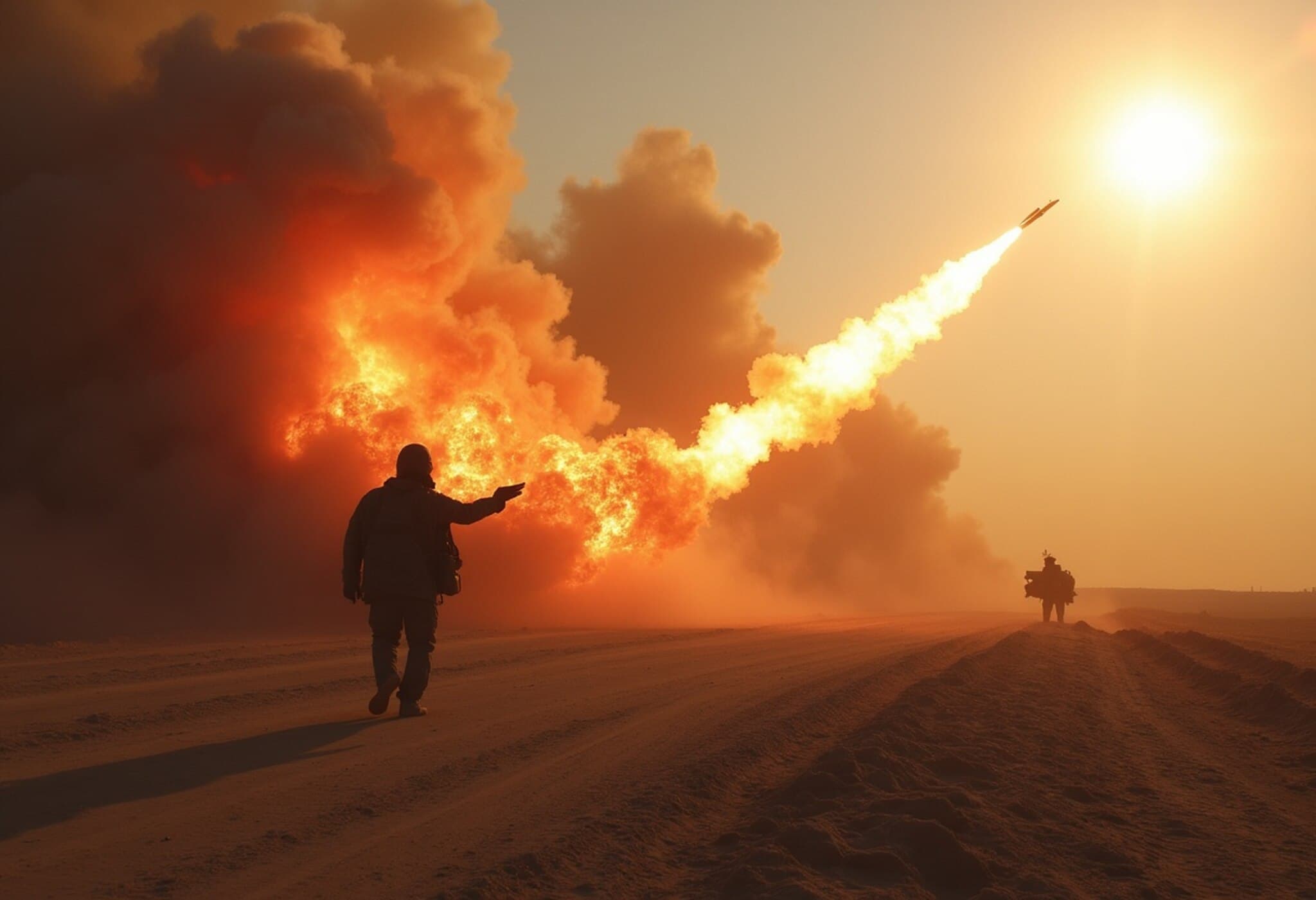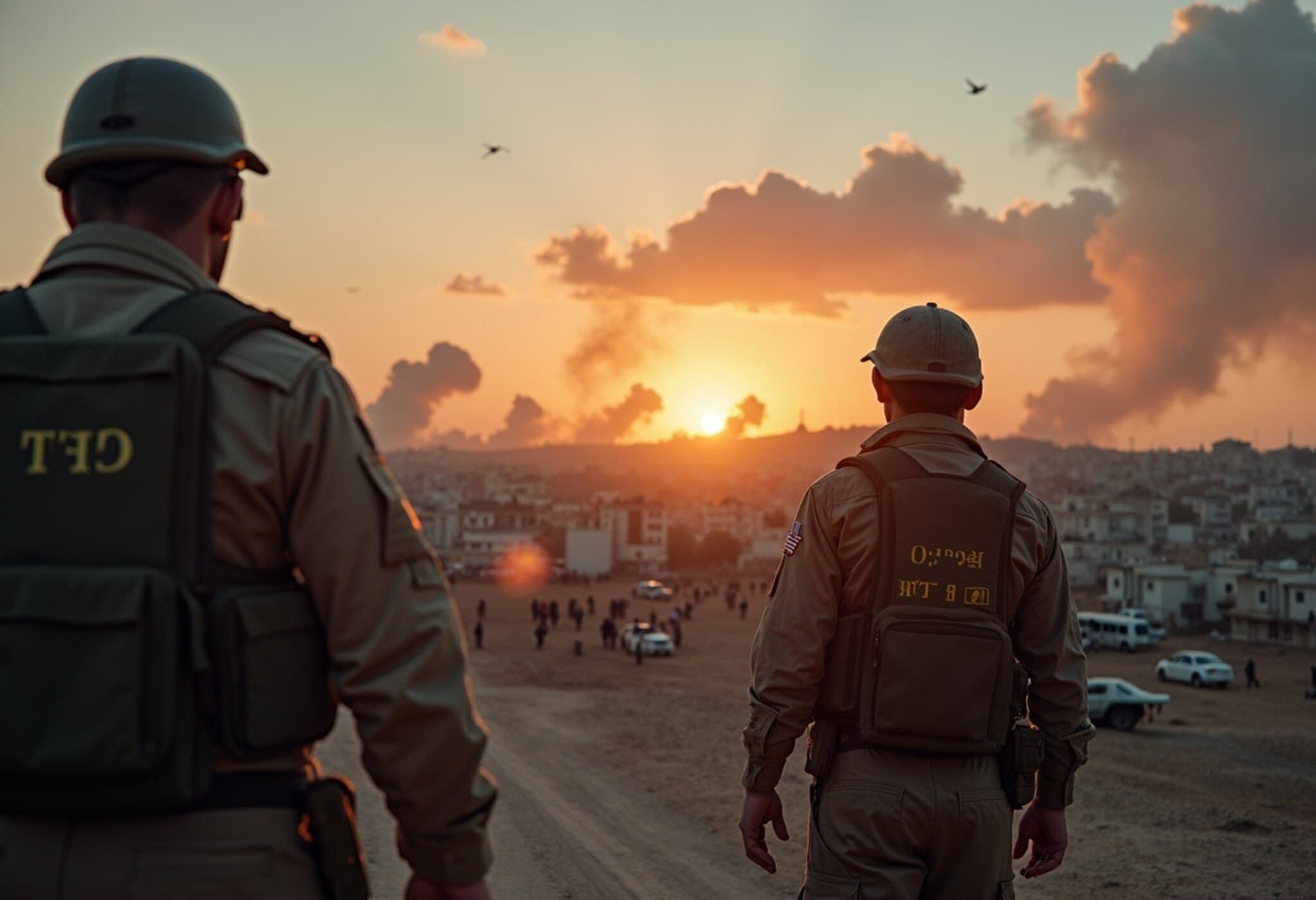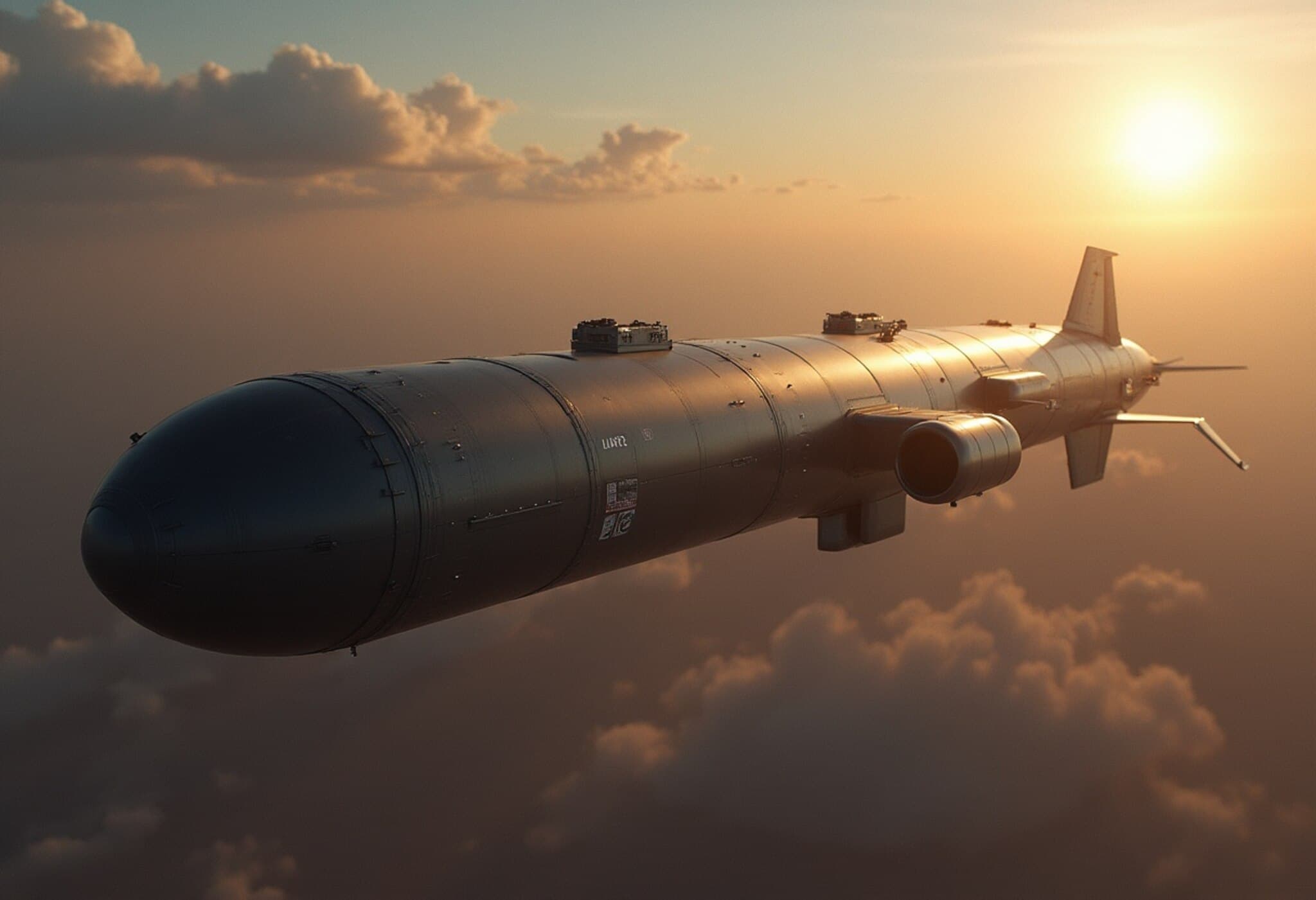Escalating Conflict: Israel's Operation Rising Lion Targets Iran
Since June 13, Israel has launched a series of precision airstrikes across Iran, marking a sharp escalation in the long-standing tensions between the two nations. The operation, dubbed Operation Rising Lion, has reportedly resulted in the deaths of at least 224 Iranians, including prominent commanders, intelligence officials, and around 14 nuclear scientists. The strikes have focused heavily on Iran's nuclear facilities, military bases, and key energy infrastructure.
Iran's Stern Retaliation Hits Israeli Cities Hard
In response, Iran has fired missiles into Israeli territory almost daily, targeting major urban centers such as Tel Aviv, Haifa, and Rishon LeZion. These missile attacks have caused widespread casualties, with at least 14 Israeli civilians killed and many more injured. Residential buildings have been struck directly, igniting fires and prompting forced evacuations. The bombardment has disrupted daily life dramatically.
Unprecedented Civilian Impact and Public Anxiety
The intensity of the missile onslaught has thrown the Israeli public into shock. Cities are enforcing school closures and banning public gatherings, while thousands have sought refuge in bomb shelters. Many residents have begun leaving the cities altogether. Nurse Ella Keren described the prevailing feeling as one of helplessness under the constant threat, saying, "You don't know if the missiles are about to fall on you; living with this fear is insane."
Challenging Israel's Missile Defence Systems
Israel’s missile defense, once believed to be nearly invulnerable with an interception success of nearly 90% against rockets from Gaza, is struggling against the newer Iranian missiles. These projectiles are reportedly more advanced, carrying heavier warheads capable of bypassing defenses and striking residential neighborhoods. Approximately 2,700 Israelis have evacuated as a direct result of these breaches.
Incidents such as a missile landing between two safe rooms in a Petach Tikva apartment building—resulting in four deaths—and an attack on Haifa's oil refinery further underscore the increased threat. Tel Aviv resident and theatre teacher Idan Tal Mor recounted his experience of sirens and damage, expressing uncertainty about the fate of his neighbors.
Personal Stories Amidst the Conflict
Many citizens are adapting to new realities. Dana Avesar, who fled the city for a farm in Talmei Yosef with her husband, admitted a persistent fear but also a cautious hope arising from the current escalation. "For the first time, this might be a chance to build lasting defense," she commented, reflecting a desire for longer-term security solutions amid the turmoil.
Strategic Israeli Strikes Disrupt Iranian Infrastructure
On the Iranian side, the Israeli air campaign has targeted vital assets including nuclear facilities in Natanz and Isfahan, multiple missile launch sites, and bases connected to the Islamic Revolutionary Guard Corps in Tehran. Energy infrastructure such as the South Pars gas field and gas processing plants have also been hit, alongside media headquarters, signaling a broad strategic approach aimed at curtailing Iran’s military and nuclear capabilities.
The Road Ahead
As the exchanges continue, both nations grapple with rising casualties and infrastructure damage. For Israelis, the sustained missile attacks have disrupted a long-standing sense of security, forcing society to confront vulnerabilities previously foreign to many. How this conflict will evolve remains uncertain, but its impact on civilians and regional stability is profound and ongoing.

